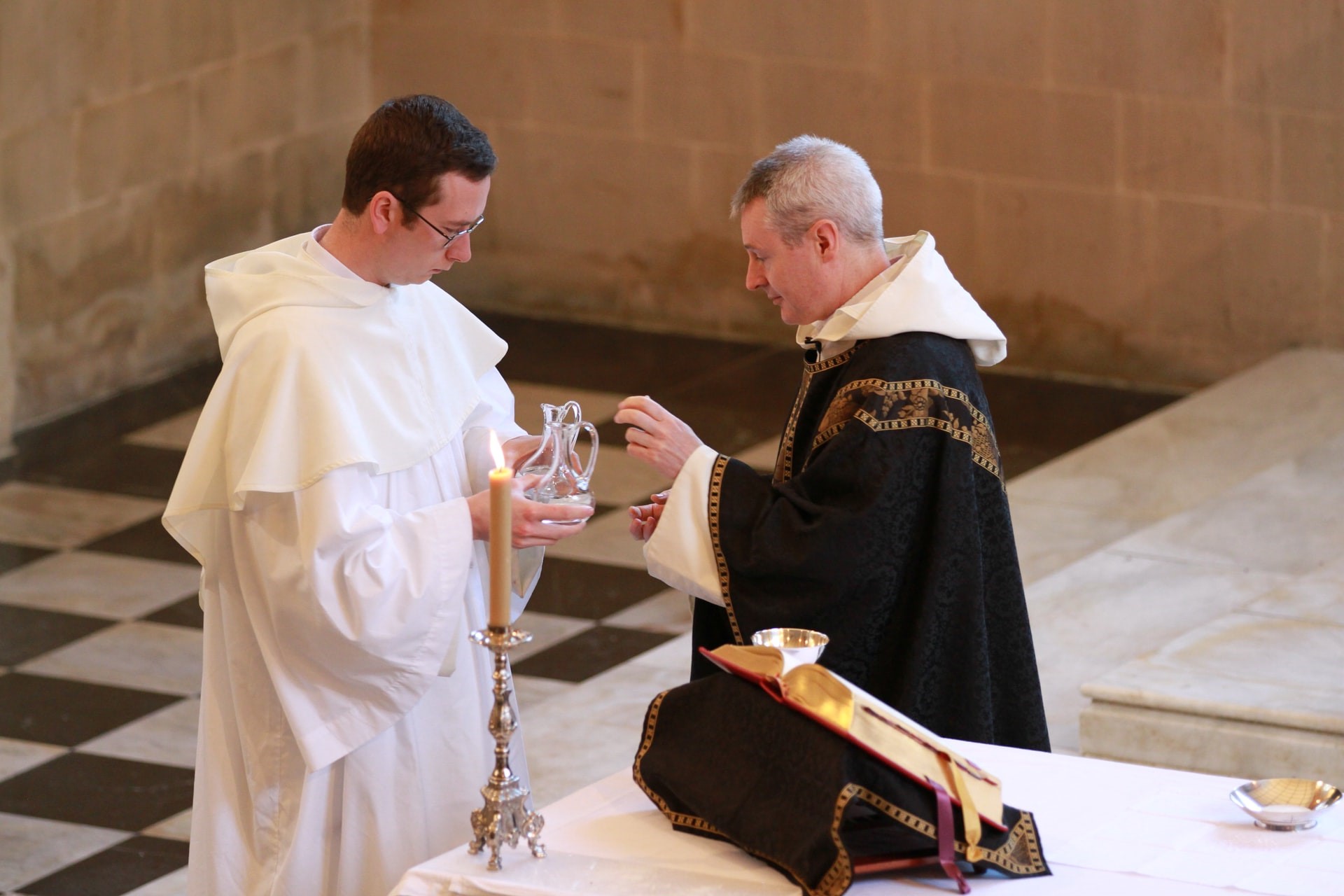
What makes a Father (Cleric) so special? A Father, often called a cleric, holds a unique place in many communities. They guide, support, and inspire people through life's ups and downs. Their role isn't just about leading religious services. Fathers often provide counseling, help with community projects, and offer a listening ear. They dedicate their lives to serving others, often putting their needs last. In many traditions, a Father is seen as a moral compass, helping people navigate ethical dilemmas. Their wisdom and experience make them trusted advisors. Understanding the life and duties of a Father can give us a deeper appreciation for their contributions.
The Role of a Father (Cleric)
Clerics, often referred to as fathers, play a crucial role in many religious communities. They provide spiritual guidance, lead religious services, and offer support to their congregations. Here are some intriguing facts about clerics.
-
Clerics are often seen as spiritual leaders within their communities. They guide their followers in matters of faith, morality, and religious practice.
-
The term "cleric" comes from the Greek word "klerikos," which means "belonging to the clergy." This term has been used for centuries to describe religious leaders.
-
Clerics can be found in many different religions, including Christianity, Islam, Judaism, and Buddhism. Each religion has its own specific roles and titles for clerics.
-
In Christianity, clerics are often called priests, pastors, or ministers. They lead worship services, perform sacraments, and provide pastoral care to their congregations.
-
Islamic clerics are known as imams or sheikhs. They lead prayers, deliver sermons, and offer religious guidance to the Muslim community.
-
Jewish clerics are called rabbis. They lead synagogue services, teach Torah, and provide spiritual guidance to their congregations.
-
Buddhist clerics, known as monks or lamas, dedicate their lives to spiritual practice and teaching. They often live in monastic communities and follow strict codes of conduct.
The Training and Education of Clerics
Becoming a cleric requires extensive training and education. This preparation ensures that clerics are well-equipped to fulfill their roles and responsibilities.
-
Clerics typically undergo years of theological education. This education often includes studying sacred texts, learning about religious history, and understanding ethical principles.
-
Many clerics attend seminaries or religious schools. These institutions provide specialized training in theology, pastoral care, and religious leadership.
-
In some traditions, clerics must complete internships or apprenticeships. These practical experiences allow them to gain hands-on experience in ministry and leadership.
-
Clerics often participate in ongoing education and professional development. This helps them stay current with new theological insights and pastoral practices.
The Daily Life of a Cleric
The daily life of a cleric can be demanding and varied. They often juggle multiple responsibilities, from leading worship services to providing pastoral care.
-
Clerics typically start their day with prayer or meditation. This practice helps them center themselves and prepare for the day's activities.
-
Leading worship services is a central part of a cleric's role. These services can include preaching, leading prayers, and administering sacraments or rituals.
-
Clerics often provide pastoral care to their congregations. This can involve counseling individuals, visiting the sick, and offering support during times of crisis.
-
Many clerics are involved in community outreach and social justice work. They may organize charity events, advocate for social change, and support those in need.
-
Clerics often spend time studying and preparing sermons or teachings. This involves deep reflection on sacred texts and current issues facing their communities.
The Challenges Faced by Clerics
Being a cleric is not without its challenges. They often face significant pressures and responsibilities.
-
Clerics can experience high levels of stress and burnout. The demands of their role, combined with the emotional weight of pastoral care, can take a toll on their well-being.
-
Maintaining a work-life balance can be difficult for clerics. Their responsibilities often extend beyond regular working hours, making it hard to find time for rest and personal life.
-
Clerics may face criticism or opposition from their congregations or communities. Navigating differing opinions and conflicts can be a challenging aspect of their role.
-
Despite these challenges, many clerics find great fulfillment in their work. The opportunity to make a positive impact on people's lives and provide spiritual guidance is deeply rewarding.
Final Thoughts on Clerics
Clerics have played a vital role throughout history. From ancient times to modern days, they've been pillars of communities, offering guidance, wisdom, and support. Their influence extends beyond religious boundaries, impacting education, healthcare, and social justice. Understanding the multifaceted roles of clerics helps appreciate their contributions to society. Whether it's through leading prayers, providing counsel, or advocating for the needy, clerics embody dedication and service. Their commitment to their faith and communities remains unwavering. As we reflect on these 20 facts, it's clear that clerics are more than just religious figures; they're integral to the fabric of society. Their legacy continues to inspire and shape the world in countless ways. So next time you see a cleric, remember the profound impact they have on our lives and communities.
Was this page helpful?
Our commitment to delivering trustworthy and engaging content is at the heart of what we do. Each fact on our site is contributed by real users like you, bringing a wealth of diverse insights and information. To ensure the highest standards of accuracy and reliability, our dedicated editors meticulously review each submission. This process guarantees that the facts we share are not only fascinating but also credible. Trust in our commitment to quality and authenticity as you explore and learn with us.


